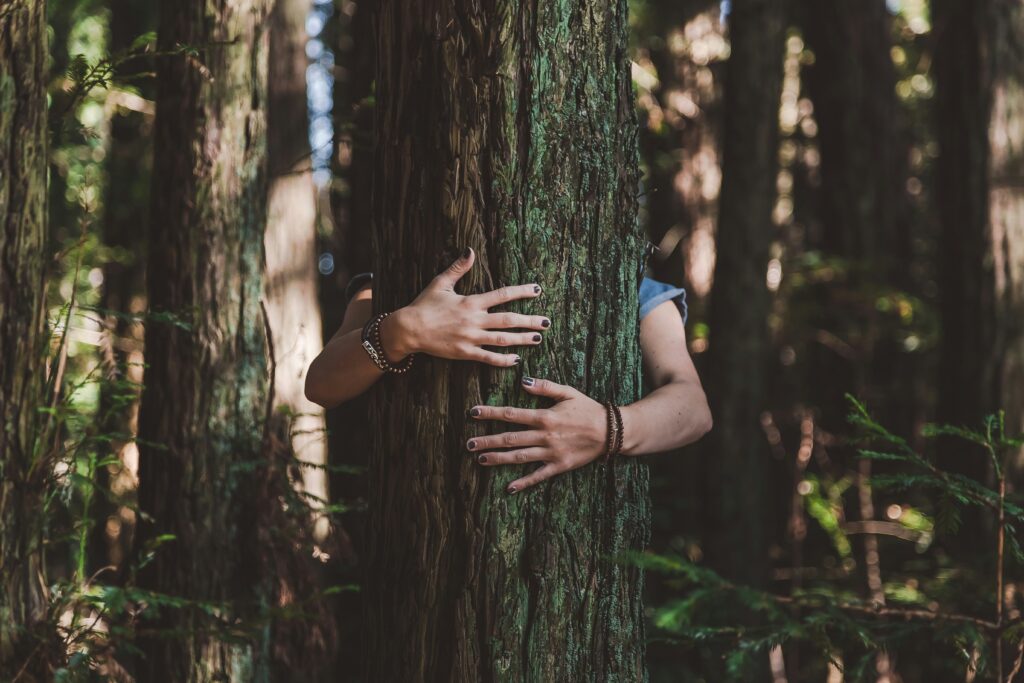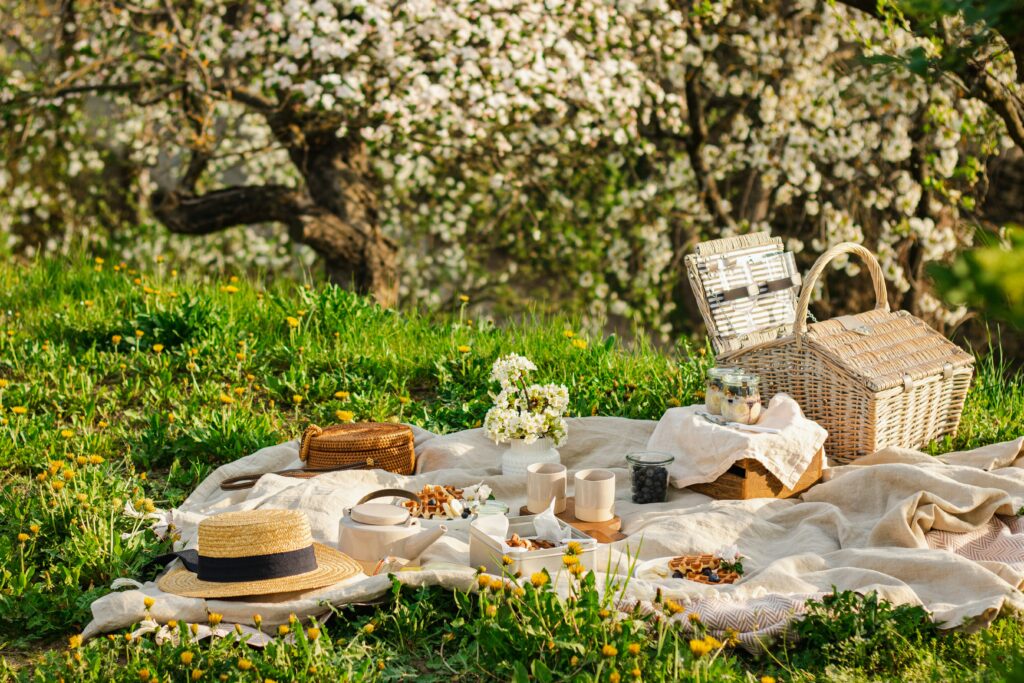It’s World Bee Day!
This is a day when people all around the world celebrate the insects who do so much for us. Globally, there are a lot of them to celebrate – there are 20,000 species of bee!
‘Bee inspired by nature to nourish us all’ is this year’s theme and there are all sorts of events happening. There are coffee mornings where attendees will chat about bees and enjoy drinks sweetened with locally produced honey. People are dressing up in black and yellow striped outfits while planting bee-friendly flowers. And, in Australia, they’re hosting a Waggle Dance challenge!
World Bee Day was established surprisingly recently. The first observed World Bee Day was 20th May 2018, after it was voted into existence by the United Nations in 2017.
You may not have questioned why it’s today but actually the date has significance. It’s the birthday of Anton Janša! Who’s that? He was a Slovenian born in 1734 to a family of beekeepers. You won’t be surprised to hear that once he joined the family business, he excelled at it. He was so good that he acquired the first imperial teaching position at the new beekeeping school in Vienna, founded by the Austrian empress. He also wrote books that introduced groundbreaking ideas, such as teaching that bees should not be killed over winter. His two books – one about swarming and the other a complete guide to beekeeping – became official apiculture textbooks, and the pioneering techniques and practices he developed are the foundations of modern apiculture.
World Bee Day is an occasion to raise awareness of the importance of bees, to understand the severe threats they face, and to support the work they do.
Let’s discuss all three!
Raise awareness of the importance of bees.
Bees are guardians of the natural world, keeping nature beautiful, healthy and diverse by pollinating ~90% of plants, including 75% of our food crops.
In doing this, they allow animals, including humans, to eat and breathe, which is kind of a big deal for us.
That’s more than enough to justify their importance, yet bees keep on giving!
Honey bees produce the golden magic that is honey. It is a sweet and delicious superfood loved for its scent, taste and medicinal properties.
Additionally, the complexity and efficiency of hive societies fascinates and inspires humans. For example, Manchester has identified with the worker bee since the Industrial Revolution and the city’s love for its mascot has only grown.
Check out ‘What is a bee?‘ and ‘What is honey?‘ to learn more.
Understand the severe threats bees face.
Globally, 35% of invertebrate pollinators – which includes bees – face extinction. And almost every bee species has suffered significant population loss.
That’s really bad news for life on Earth.
There are multiple reasons our pollinators are endangered:
- Urbanisation: constructing buildings and roads leads to habitat loss and the reduced availability of food.
- Unsustainable agricultural methods, such as pesticide use.
- Climate change.
- Pollution.
- The spread of disease, such as from honey bees to bumblebees.
- Globalisation: this has introduced parasites and invasive species like the Varroa destructor and Asian hornet.
Read ‘A bee’s perspective on the climate crisis‘ for more information.
Support the work bees do.
Let’s do what we can to make things right.
If you have the resources, please go all out to help our pollinators. But, no matter your financial or space restrictions, there is something you can do to protect local bees.
- Plant bee-friendly flowers. If you have a garden, that’s perfect, but potted flowers on your windowsill and balcony help too.
- Don’t pull up ‘weeds’ like dandelions and daisies.
- Nature is wise. Let your garden go wild!
- Whatever you do, do not use pesticides!
- Make or buy a bee hotel and bee water station. Consider bee bricks if you’re building anything.
- Speak with your wallet: Buy organic food to make a statement against pesticide use in farming.
- Buy authentic raw honey. Buy from your local beekeeper if possible. Otherwise, buy from responsible supermarkets like Marks & Spencer that work to protect pollinators.
There is plenty of information on the Actual Honey website about how to help bees! Take a look at: ‘Help the Bees‘, ‘Your calendar of bee-friendly flowers‘ and ‘Giving the gifts of bees’.

